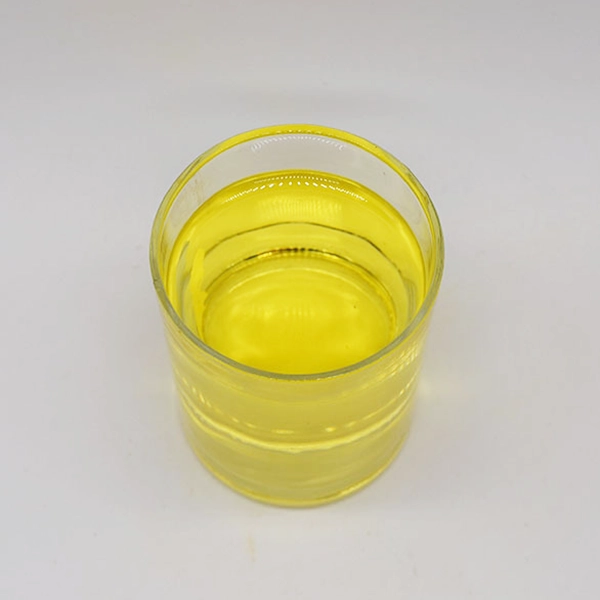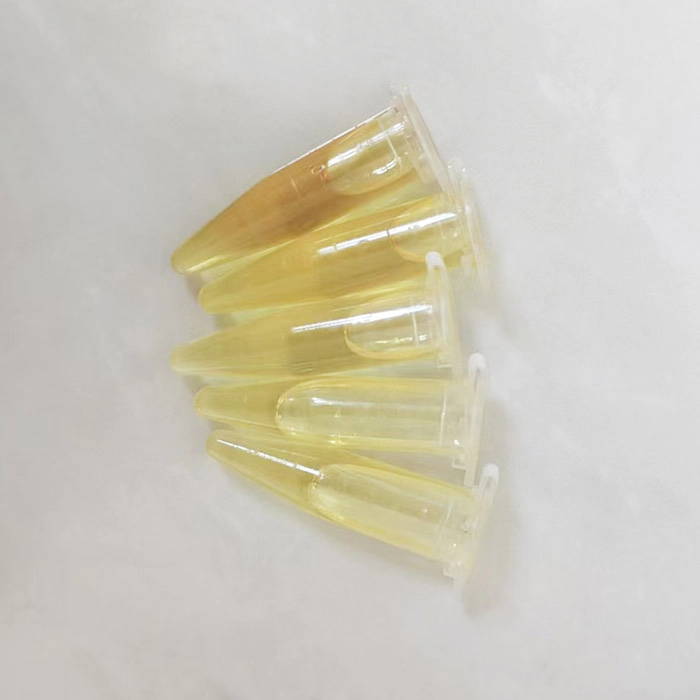+86-15212299029
- All
- Product Name
- Product Keyword
- Product Model
- Product Summary
- Product Description
- Multi Field Search
Views: 220 Author: svegaoutdoor Publish Time: 2025-11-25 Origin: Site











Content Menu
>> Health Benefits of Vitamin E
● Vitamin E Content in Olive Oil
>> How Much Vitamin E is in Olive Oil?
● Types of Olive Oil and Their Nutritional Value
● How to Incorporate Olive Oil into Your Diet
>> Storage Tips
Olive oil is a staple in many kitchens around the world, celebrated not only for its rich flavor but also for its numerous health benefits. One of the key nutrients found in olive oil is vitamin E, a powerful antioxidant that plays a crucial role in maintaining health. In this article, we will explore the vitamin E content in olive oil, its health benefits, and how it compares to other sources of vitamin E.

Vitamin E is a fat-soluble vitamin that exists in several forms, with alpha-tocopherol being the most active and widely recognized. It is known for its antioxidant properties, which help protect cells from oxidative stress caused by free radicals. This protection is vital for maintaining overall health and preventing chronic diseases.
Vitamin E is associated with several health benefits, including:
- Antioxidant Protection: It helps neutralize free radicals, reducing oxidative damage to cells.
- Skin Health: Vitamin E is often used in skincare products due to its ability to promote skin healing and reduce signs of aging.
- Heart Health: Some studies suggest that vitamin E may help lower the risk of heart disease by preventing the oxidation of LDL cholesterol.
- Immune Function: It plays a role in enhancing immune responses, particularly in older adults.
The vitamin E content in olive oil can vary depending on the type and quality of the oil. On average, one tablespoon (about 14 grams) of extra virgin olive oil contains approximately 1.9 to 2.0 milligrams of vitamin E. This amount represents about 10% of the recommended daily intake for adults.
When comparing olive oil to other common cooking oils, it is important to note that while olive oil is a good source of vitamin E, other oils may contain higher concentrations. For instance:
- Sunflower Oil: Contains about 5.6 mg of vitamin E per tablespoon.
- Almond Oil: Offers approximately 5.3 mg of vitamin E per tablespoon.
- Wheat Germ Oil: Contains around 20 mg of vitamin E per tablespoon, making it one of the richest sources.
Despite this, olive oil is still a valuable source of vitamin E, especially when considering its other health benefits.
Extra virgin olive oil (EVOO) is the highest quality olive oil, made from the first cold pressing of olives. It retains the most nutrients, including vitamin E, due to minimal processing. EVOO is rich in monounsaturated fats and antioxidants, making it a heart-healthy choice.
Virgin olive oil is also made from the first pressing but may have slightly lower quality than extra virgin. It still contains a good amount of vitamin E, though the levels may vary.
Refined olive oil undergoes processing that can strip away some nutrients, including vitamin E. While it is still a source of healthy fats, it may not provide the same health benefits as extra virgin or virgin olive oil.
Olive oil is versatile and can be used in various cooking methods, including sautéing, roasting, and baking. Its flavor enhances many dishes, making it a popular choice for dressings, marinades, and dips.
For maximum health benefits, consider using olive oil raw in salads or as a finishing oil on cooked dishes. This method preserves its nutritional content, including vitamin E.
To maintain the quality of olive oil and its vitamin E content, store it in a cool, dark place, away from heat and light. Proper storage can help prevent oxidation and rancidity.
Olive oil is not only a delicious addition to meals but also a significant source of vitamin E, contributing to various health benefits. With approximately 1.9 to 2.0 mg of vitamin E per tablespoon, it plays a vital role in a balanced diet. Incorporating olive oil into your daily meals can help you reap the benefits of this essential nutrient while enjoying its rich flavor.

1. What is the recommended daily intake of vitamin E?
The recommended daily intake of vitamin E for adults is about 15 mg.
2. Can I get enough vitamin E from olive oil alone?
While olive oil is a good source of vitamin E, it is best to consume a variety of foods to meet your daily requirements.
3. Is extra virgin olive oil better than regular olive oil?
Yes, extra virgin olive oil retains more nutrients and antioxidants compared to regular olive oil.
4. What are some other good sources of vitamin E?
Other good sources include nuts, seeds, spinach, and fortified cereals.
5. Can cooking with olive oil destroy its vitamin E content?
Cooking at high temperatures can reduce some of the vitamin E content, so using it raw or at lower temperatures is recommended for maximum benefits.
Hot Tags: China, Global, OEM, private label, manufacturers, factory, suppliers, manufacturing company



